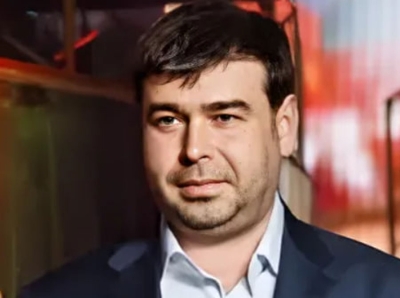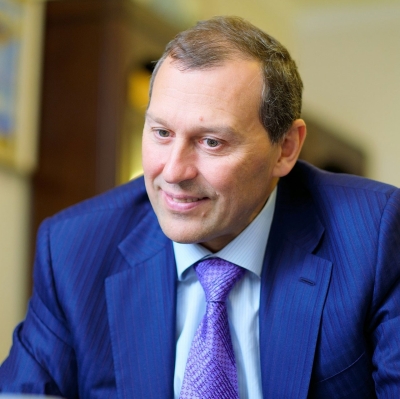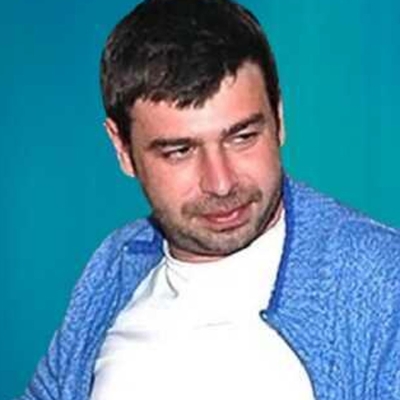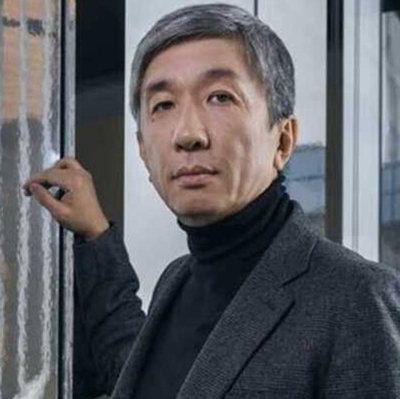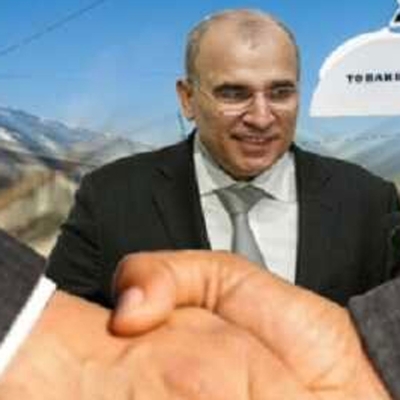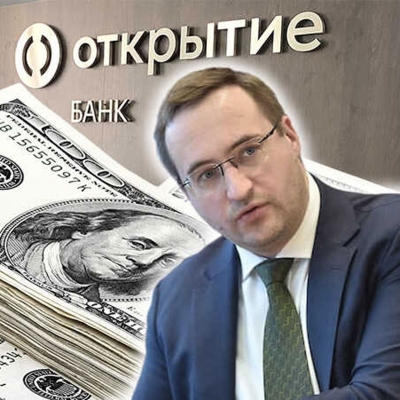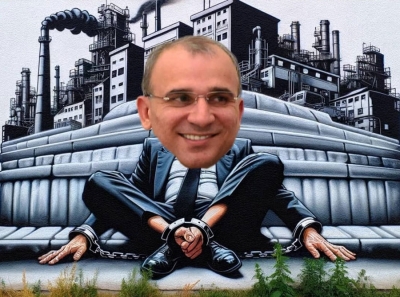Free press increasingly under pressure
May 3 is World Press Freedom Day but not necessarily a day of good news: according to Reporters Without Borders, the suppression of unwelcome reporting has increased worldwide. Crises, wars and growing authoritarianism are combining to smother critical voices. Commentators are concerned.
Anathema to authoritarian governments
The times bristles:
“Journalism is not a crime but more and more authoritarian governments are making it one. ... World Press Freedom Day should act as a wake-up call to governments and citizens everywhere. It is shameful no international agreement exists to outlaw violence against journalists. A free press inevitably fosters other rights and freedoms, which is why independent journalism is anathema to so many authoritarian regimes. They target reporters but the bigger aim is to control sources of information.”
Conspiracy theorists are the biggest problem
Aktuality.sk points out:
“In some ways even more unequal than the fight against autocratic politicians is the struggle against conspiracy theories. Media that spread them present themselves as free and independent, although often enough the only thing they are free of is truth, facts and social responsibility. They also consider themselves guardians of democracy: the right guardians, untainted by the West. If we do not win the battle against them as soon as possible, it may already be too late in this age of artificial intelligence whose creations will be indistinguishable from reality. For the media and for democracy.”
Credibility could fall by the wayside
Artificial intelligence could turn the media landscape on its head, the Badische Zeitung warns:
“With programmes like ChatGPT it will be easier than ever to produce and distribute texts, images and probably soon also sound recordings and videos. Contributions that look and sound like legitimate press products but which are only simulations. Because they take pieces of existing knowledge and reassemble them according to probabilities (sometimes adding invented elements), disregarding copyrights and debasing painstakingly acquired information. What will happen if there is a seemingly infinite amount of news but credibility falls by the wayside?”
On the path to self-censorship
Postimees is concerned by the fact that Estonia has slipped from fourth to eighth place in the World Press Freedom Index:
“The judicial environment has deteriorated the most. ... There is a growing tendency for the state, prosecutors, police investigators and even people being investigated by the police to want to — and be able to — exert pressure on certain journalists. The threat of a fine against the author of a story discourages the journalist. The result is self-censorship. And some stories simply go untold.”

